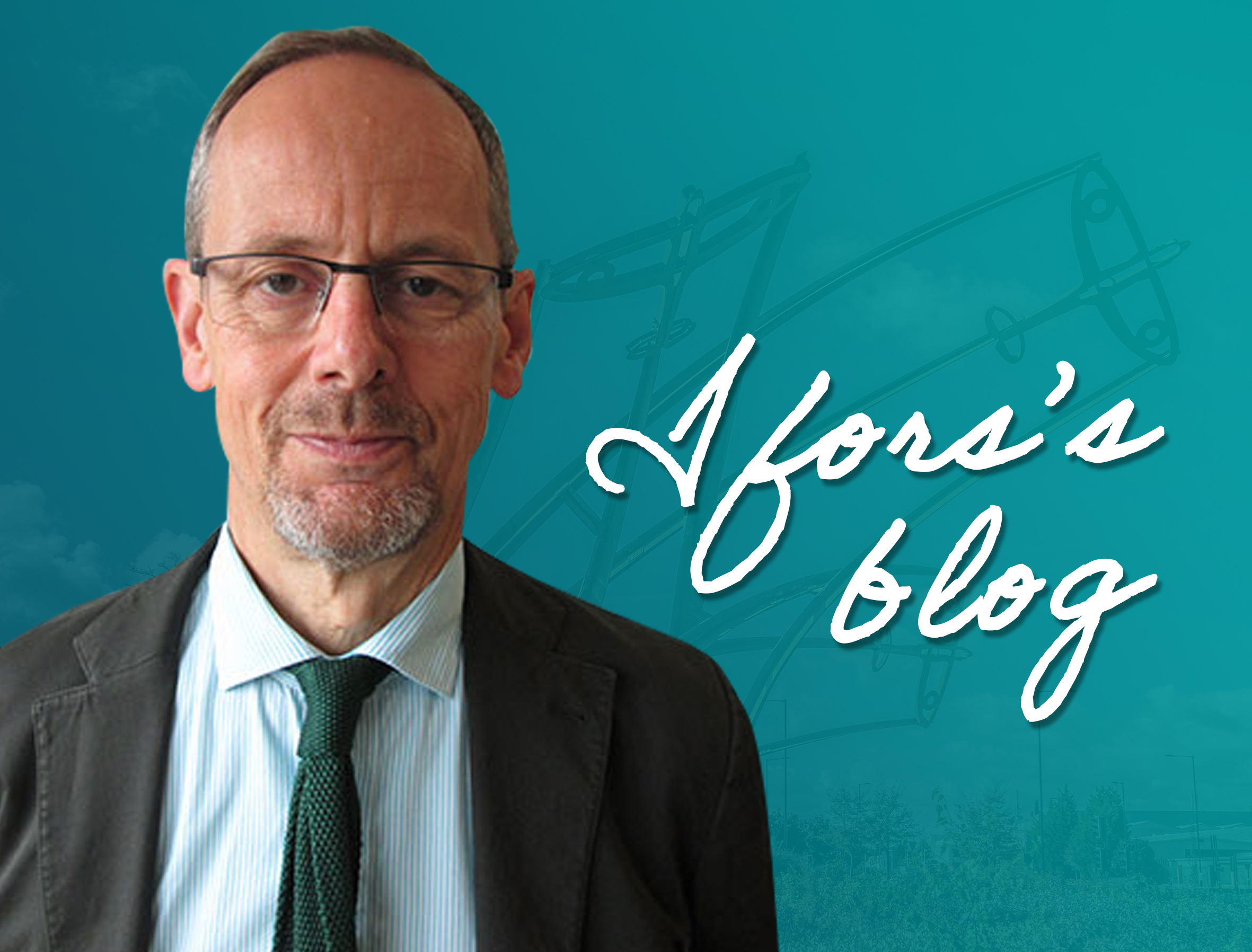Ifor Jones, Head of Partnerships reveals how the COVID-19 Community Offer came to be
Last week we launched our community offer on our website and social media platforms with an info graphic which set out rather neatly the ten elements that make up this “offer”. This has had great feedback from across a range of organisations – housing, charities, community organisations and individuals. My favourite was from Steve Botham, a city community stalwart who had mentored me, now over a decade ago, who said it was “a really comprehensive community plan.”
But the reality is – and our confession – that this offer, which looks comprehensive, thought-through, well researched and evidenced, is in fact improvised and has been generated bottom-up by our front line teams, volunteers and partners. These amazing teams have effectively been standing in front of a tornado (yes, we did have one in South Birmingham in 2005 which had a devastating impact on local communities at that time), whilst working remotely from home, trying to figure out how they could generate solutions that met residents’ needs. Our troops knew there would also be an increasing need for support to address resident’s uncertainties and anxieties such as the future of their jobs, where there next meal was coming from and how their families could make it through safely the impact Covid-19.
So we quickly worked out the shape of the “offer” that has been generated with passion, imagination and not without personal risk and sorting this into the ten themes that make it up. Yes we have introduced some management oversight – mainly by giving licence to our teams and partnerships to work and try things out, to provide encouragement and suggestions on how we can record outputs form the offer what to enable us to evaluate our interventions.
In the four years I have worked for The Pioneer Group in Castle Vale, I have learnt that the regeneration of the estate and sustaining the quality of this for 15 years to date was fuelled by teams working alongside residents who had had a “burning platform” in the form of a housing estate that had, between the 1960s and 1980s sunk from what was seen as an utopian estate to a so-called “no-go estate”.
And in the 25 years since the start of the regeneration that burning platform had been removed and with it, despite the popularity of the estate and how it still looks and feels like it did after the wrapping came off as the regeneration was completed in 2005. Now in 2020 in a digital age and with an ageing active resident base we seem to have lost its verve, passion and drive.
However, in just six weeks we have achieved some great outcomes and have re-engaged with our residents and communities. For example, over 600 residents were called in the first week identifying who was in need, who wanted to help and who could provide help and the calls have continued throughout, across our organisation teams have worked together, with our contractors and partners such as Spitfire Services, Community Environmental Trust, Wrekin Housing Group, schools and resident volunteers. In four weeks, some three tons of supplies for food banks were distributed, including 60 hot meals courtesy of a local restaurant and myriad of ways of providing support through telebuddying and befriending.
At some point we will move into “a new normal”, which will be a different landscape to the one we inhabited up to March this year. We should continue, while the dust of this change is still up in the air, to empower our teams, our partnerships and renewed engagement with our communities. We know from our analysis of the data, such as the Index of Multiple Deprivation, that the economic and social indicators for this estate have worsened between 2015-19 by as much as three per cent. The impact of a possible recession, new redundancies for a range of unskilled, semi-skilled and skilled workers could be devastating. Lets keep the burning platforms kindled and keep the support for our community going. Through partnership working we can explore initiatives that can help create fairer, more just and sustainable economies for our communities and we will have every chance of bouncing back in the “new normal”. And we are pleased that we are starting to work with the Birmingham Anchor Network to explore how we can deliver this with some of the big institutions in Birmingham.
My first job in Birmingham was in Northfield and my first challenge was helping to deal with the devastation caused by 6,000 plus redundancies in Longbridge with the demise of MG Rover in 2005. That was the single biggest test in my working life and I didn’t think I would see that again. Of course, Covid -19 is a worldwide crisis that’s hitting the UK severely and its’ impacts are of a scale beyond a significant regional economic collapse like Longbride. That said the solution is similar – respect and invest in those key teams mobilising a response, support and engage communities and work on long term recovery planning.
Every week throughout May and June, we will be exploring some of the work we are doing across our community offer with individual blogs, case studies and short videos.
